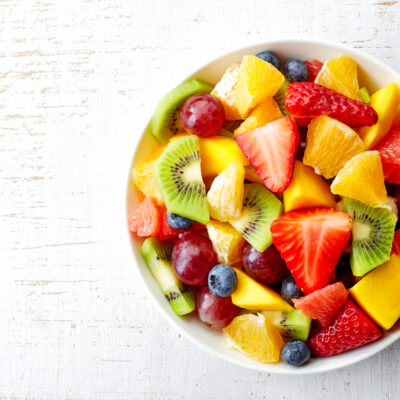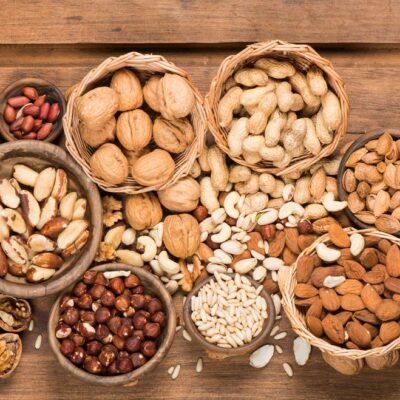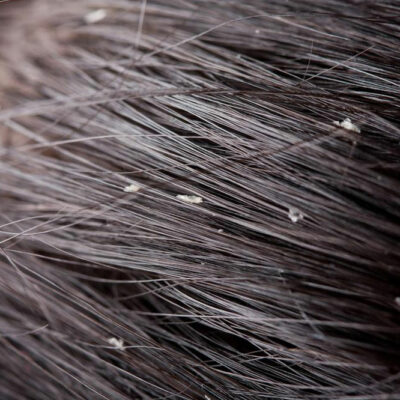
Diet
Prepackaged Snacks That Won’t Trigger Arthritis Pain
Osteoarthritis, also known as degenerative joint disease, is a chronic disease that gradually breaks down joint cartilage and causes weakness in bones. Symptoms of osteoarthritis involve joint pain, inflammation, loss of mobility, and stiffness. While there is no cure for osteoarthritis, treatments such as medications, surgery, or physical therapy can help reduce pain. Doctors often recommend certain dietary changes to help ease osteoarthritis as well. It’s true some foods may do more harm than good. While others like the ones on the list below may ease inflammation, boost the immune system, and even strengthen your bones: 1. Pre-washed salads Pre-washed salads come pre cut and are easy to work with. Now add a few tasty treats like nuts, fruits, or tomatoes and you got yourself a healthy anti-inflammatory snack. Leafy green vegetables are good for fighting inflammation which can help with joint pain in Arthritis sufferers. Also, less cutting means less strain on your hands. One of the most common areas where Osteoarthritis thrives. 2. Popcorn Yes, popcorn. This beloved classic treat is not only good for the movies, it’s good for your health too. Serving as a great source of antioxidants it is also said it can play a part in the prevention of Arthritis along with a few other illnesses.
Read More 













